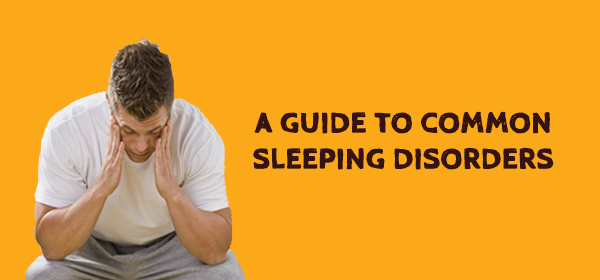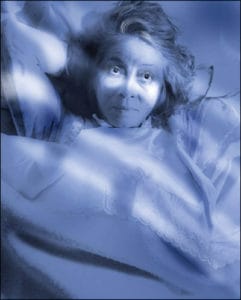Sleeping disorders are medical disorders that disrupt an individual’s sleep patterns and sleep quality. Sleep is an important part of your daily routine. we spend about one third of our time sleeping. Getting a good Quality of sleep is as essential to us as food and water. Without sleep, you cannot form or maintain the pathways in your brain that let you learn and create new memories, and it is harder to concentrate and respond quickly.
Many of us experience trouble sleeping at one time or another. Usually it is due to stress, travel, illness, or other temporary interruptions to your normal routine. However, if sleep problems are a regular occurrence and interfere with your daily life, you may be suffering from a sleep disorder. Sleep disorders cause more than just daytime sleepiness. They can take a serious toll on your mental and physical health, leading to memory problems, weight gain, and affecting your energy, and mood. Nevertheless, you do not have to live with a sleeping problem.

Sleep disorders are a group of conditions that impairs good quality of sleep at night, to the extent that disturbs our daytime activities and functions. Whether they are caused by a health problem or by too much stress, sleep disorders are becoming increasingly common. In fact, more than 75 percent of people between ages 20 and 60 report having sleeping difficulties regularly.
Most people occasionally experience sleeping problems due to stress, hectic schedules, and other outside influences. However, when these issues begin to occur on a regular basis and interfere with daily life, they may indicate a sleeping disorder.
What Are the Symptoms of Sleep Disorders?
Symptoms can differ depending on the severity and type of sleeping disorder. They may also vary when sleep disorders are a result of another condition. However, general symptoms of sleep disorders depend on the type of sleep disorder; people may have a difficult time falling asleep and may feel extremely tired throughout the day. The lack of sleep can have a negative impact on energy, mood, concentration, and overall health.
In some cases, sleep disorders can be a symptom of another medical or mental health condition. These sleeping problems may eventually go away after treating the underlying cause.

The most common sleep disorders are:
– Sleeping fewer hours than expected, (insomnia).
– Sleeping during the day for long hours (hypersomnia).
– Breathing-related sleep disorders such as snoring and sleep apnea.
– Sleep-wake cycle disorders (or circadian disorders) which is a mismatch between the actual sleep time and the time a person wants to sleep.
– Other Sleep disorders such as sleep talking, sleepwalking or nightmares.
– Some patients complain of vague symptoms such as feeling tired, depressed, and poor concentration, but the real problem is that they do not sleep well at night.
read more…
How to diagnose Sleep Disorders?
Your doctor will first perform a physical exam and gather information about your symptoms and medical history. They will also order various tests, including:
- polysomnography: a sleep study that evaluates oxygen levels, body movements, and brain waves to determine how they disrupt sleep.
- electroencephalogram: a test that assesses electrical activity in the brain and detects any potential problems associated with this activity.
These tests can be crucial in determining the right course of treatment for sleep disorders.
